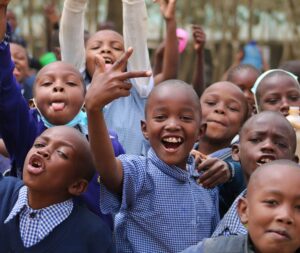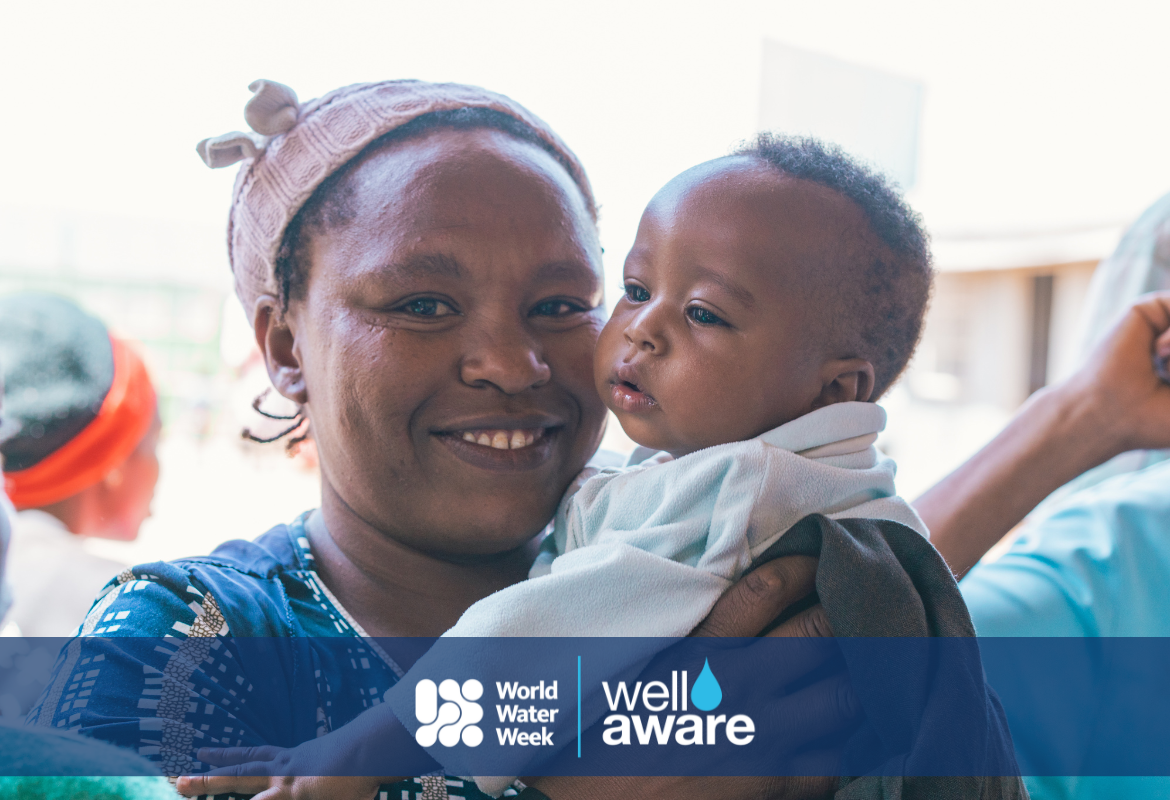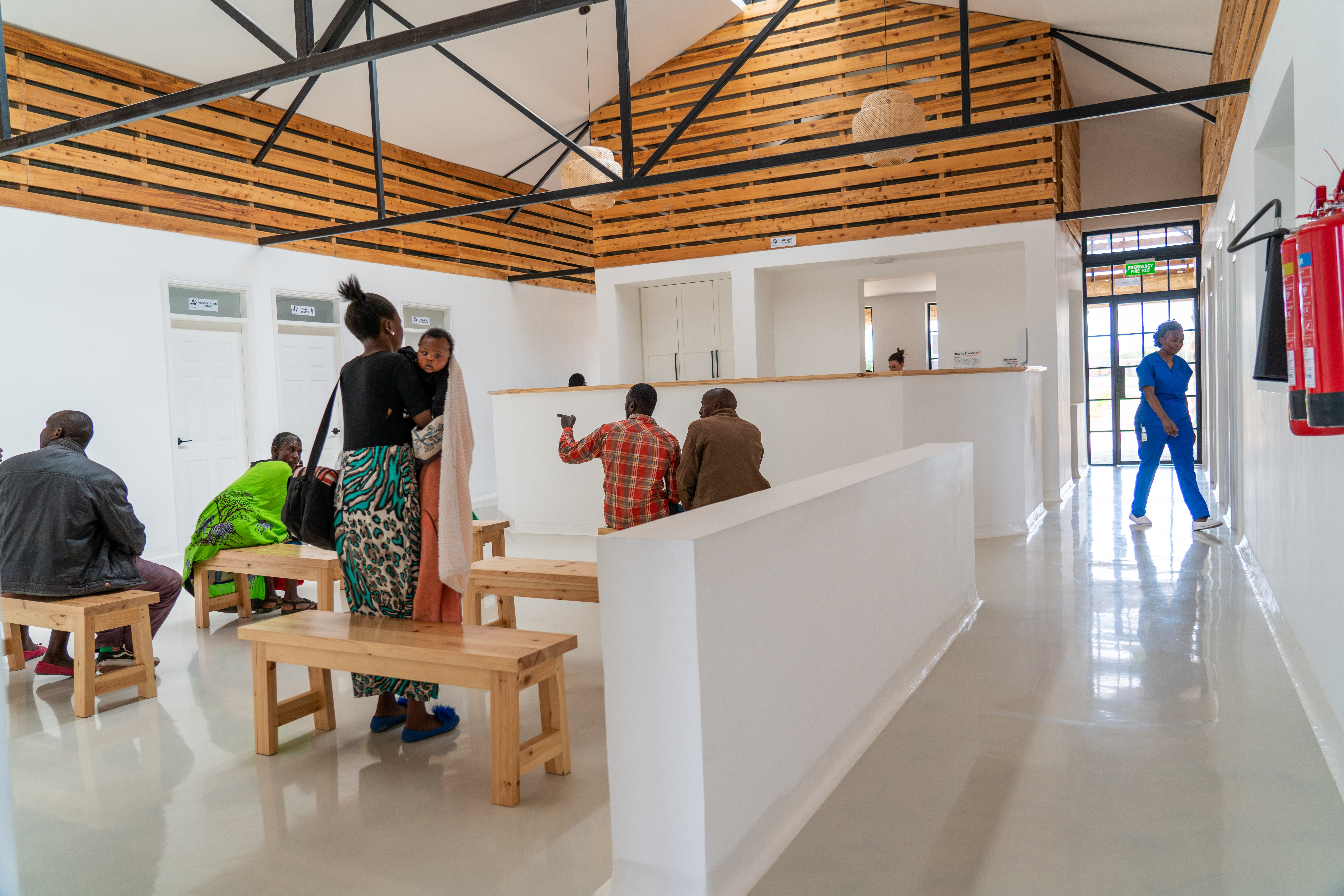August 18, 2023
Why Can’t Health Improve Without Clean Water?
For many of us that have access to clean water, we tend to forget that it has a huge impact on our health. Without clean water, waterborne illnesses are prevalent, sanitation and hygiene cannot develop, and otherwise preventable deaths, are unavoidable. Reliable access to clean water, along with better sanitation and hygiene practices, drastically improves the health of communities.
Water Scarcity & Contamination Affect the World
Are you aware of these international water crisis facts, specifically how it correlates with health?
- Contaminated water can transmit diseases such diarrhea, cholera, dysentery, typhoid, and polio. Contaminated drinking water is estimated to cause 485,000 diarrheal deaths each year. (WHO)
- The impact on child mortality rates is devastating with more than 297,000 children under five who die annually from diarrhoeal diseases due to poor sanitation, poor hygiene, or unsafe drinking water. (WHO)
- Water scarcity negatively impacts the availability of hand washing facilities. 1 in 3 people, or 2.3 billion, around the world lack basic hand washing facilities at home. (WHO and UNICEF, 2021)
Developing countries are more susceptible to these high disease rates and mortalities due to their lack of basic resources, like clean water. Water scarcity and contamination are extremely dangerous to health and the sources of preventable disease and death.
Clean Water in Kenya
Sub-Saharan Africa has the largest number of water-stressed countries of any region with 75% of the population lacking basic hand washing facilities. (UN) This is where Well Aware comes in! Our clean water projects are designed unique per our partner communities’ specific needs and goals for their community members.
We know that when there is access to clean water, the ripple effect of impact is great, with health being one of the key aspects that changes in a community. In our partner communities, we have seen disease rates plummet by 64% on average. More children are able to attend school because they aren’t stuck at home with a waterborne illness. With a healthier community and clean water, development is possible, leading to sanitation and hygiene tools, including sinks at schools.
Our entire team was in Kenya this past June and I spoke to a 1st grade teacher who told me that she has 60 students in her class, but usually only about 15 show up to class each day due to her students being sick from the river water they had been drinking. A community with poor health, cannot flourish, which is why we are so honored to partner with and know the team at The Leo Project.
The Leo Project
The Leo Project believes that equitable access to education and healthcare is a basic human right. Started in honor of Caitlin O’Hara, The Leo Project, located in Nanyuki, Kenya, is a community-based organization devoted to driving social change through health and wellness services, creative outlets, and educational opportunities designed for personal and economic empowerment. In January 2020, their community resource center opened to the local community, where access to computers and digital literacy, art, music, counseling, yoga, and more became available. With plans of expansion, and no clean water, this is where our partnership began.

In November 2021, Well Aware drilled a new well for public access in partnership with The Leo Project, which is utilized by around 10,000 people in the area. And with access to clean water, The Leo Project’s long awaited health clinic was put into motion.
The Caitlin O’Hara Community Health Clinic
The COVID-19 pandemic, as well as extensive conversations with local leaders and candid feedback from The Kenyan Ministry of Health, repeatedly reaffirmed the need for improved access to health services within The Leo Project’s surrounding community. Kenya has a shortage of well-equipped, community-based medical facilities. With poor road conditions, limited access to transportation, and an under-resourced health system, many do not have access to care.
The goal of The Leo Project’s Community Health Clinic is to provide accessible, equitable, and sustainable health services to the community in Nanyuki, Kenya. The clinic, designed in partnership with Build Health International, will serve as a foundational access point for maternal and child health, and will also provide services for primary health, nutrition, mental health and sexual and reproductive health. And its doors officially opened on August 7th, 2023!
“During my few weeks of working as the Clinical Officer at Caitlin O’Hara Community Health Clinic, I have dealt with cases of diarrhea, urinary tract infections, eye infections, soil transmitted helminthiases just to mention a few. Most of these diseases are directly or indirectly related to WASH.
It is through my interaction with these diseases that my passion to serve the community with my skills come alive. Coming alongside the Leo Project, we are not only providing healthcare solutions but are proactive in educating the community in preventative measures such as drinking clean water, among other practices.” -Njeri, Clinical Officer
Building a Healthier Future
 We are so excited for The Leo Project and cannot wait to see the impact this health clinic has on the community. NGO partnerships help us share resources, local knowledge, expertise and are critical in making a true difference in the lives of people who need it most.
We are so excited for The Leo Project and cannot wait to see the impact this health clinic has on the community. NGO partnerships help us share resources, local knowledge, expertise and are critical in making a true difference in the lives of people who need it most.
Each water project we do, we are deeply committed to staying partners for the long term to increase the positive changes that come to a community afterwards and we are looking forward to changing more lives together. We are so proud of the team at The Leo Project for their dedication to the people of Kenya and we are truly thankful to know them.
Clean water and health are intertwined and will always depend on one another. We are hopeful for a future where clean water is available and water scarcity and contamination are not concerns.


